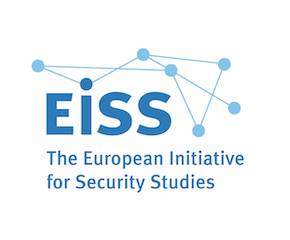Speaker
Description
The future of Europe's defense industry hinges on greater cooperation between France and Germany. France and Germany agree on the need to integrate the European defense market to effectively compete with the US and other external powers. However, they have different preferences on how to organize the European defense market. Why?
We argue that the distinction between the two faces of market size - the first exclusively related to defense, the second including the broader commercial-industrial base - is key to understanding convergence and divergence in Franco-German approaches to defense-industrial cooperation. France and Germany share a general interest in European defense market integration. However, because each country has a relative advantage in one of the faces of market size, we expect them to feature different - even opposing - views towards defense industrial cooperation. Germany is less competitive than France in the first face of the market size (defense) but more competitive in the second (commercial). It will therefore seek to inject efficiency into EU-level initiatives aimed to integrate the European defense market because it calculates that it can benefit more than France over the long-term, thanks to its commercial-industrial edge. At the same time, Germany would protect its less competitive defense industry from France by championing autonomy in the context of ad-hoc arms programs. In turn, France would prefer to leverage its first-face advantage by injecting efficiency into arms programs to take the lion’s share of the project. Conversely, we expect France to protect its autonomy in the context of EU initiatives that could bring about defense integration and benefit the more competitive German commercial-industrial base. To test our argument, we examine French and German preferences towards two important EU initiatives in recent years: the European Defense Fund and the Future Combat Air System.
| What discipline or branch of humanities or social sciences do you identify yourself with? | Security Studies / International Relations |
|---|---|
| If you are submitting an Open Panel proposal, have you included all four abstracts in attachment? | No, I am submitting a Closed Panel abstract |
| Are you a PhD student or early-career researcher? | Yes |




